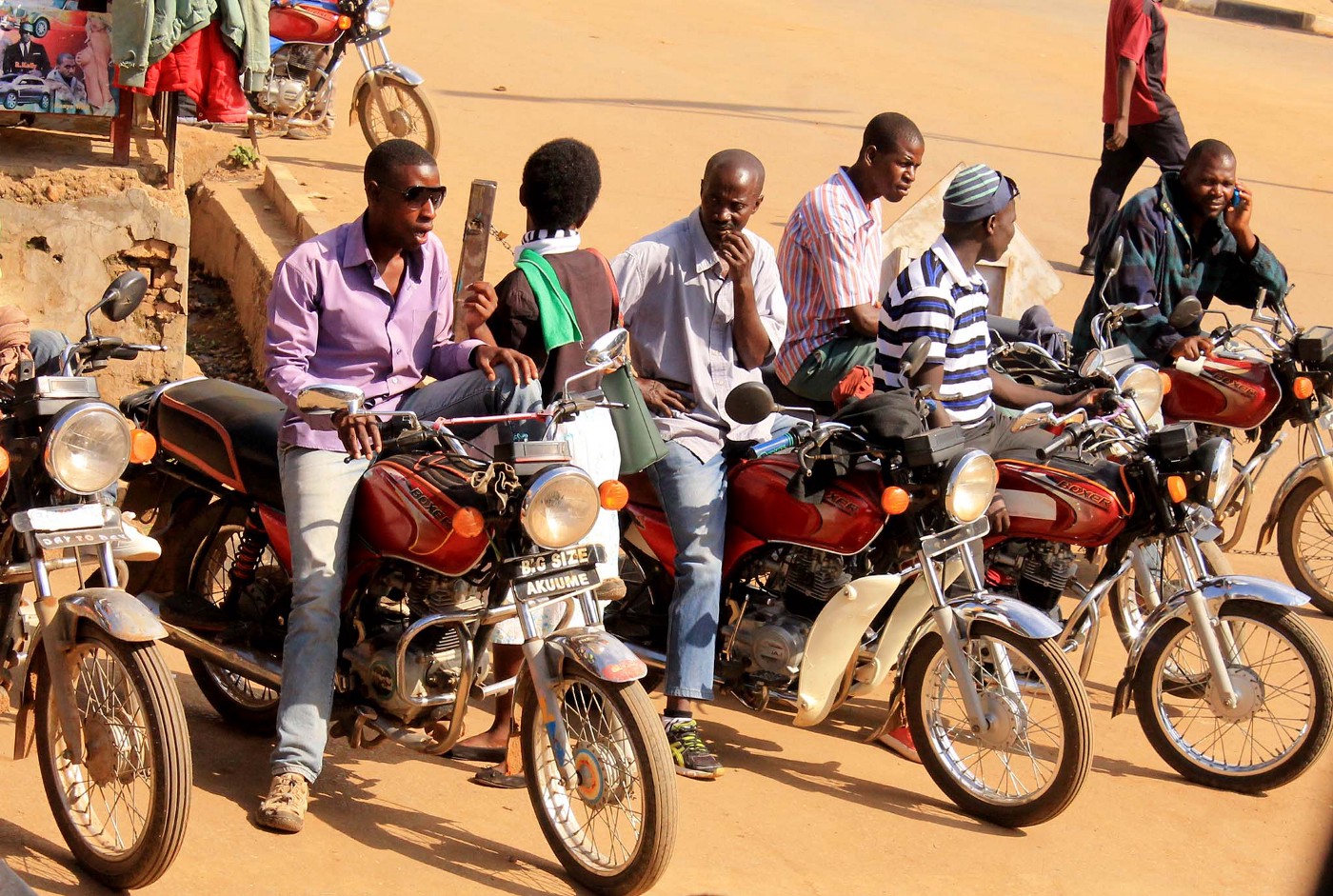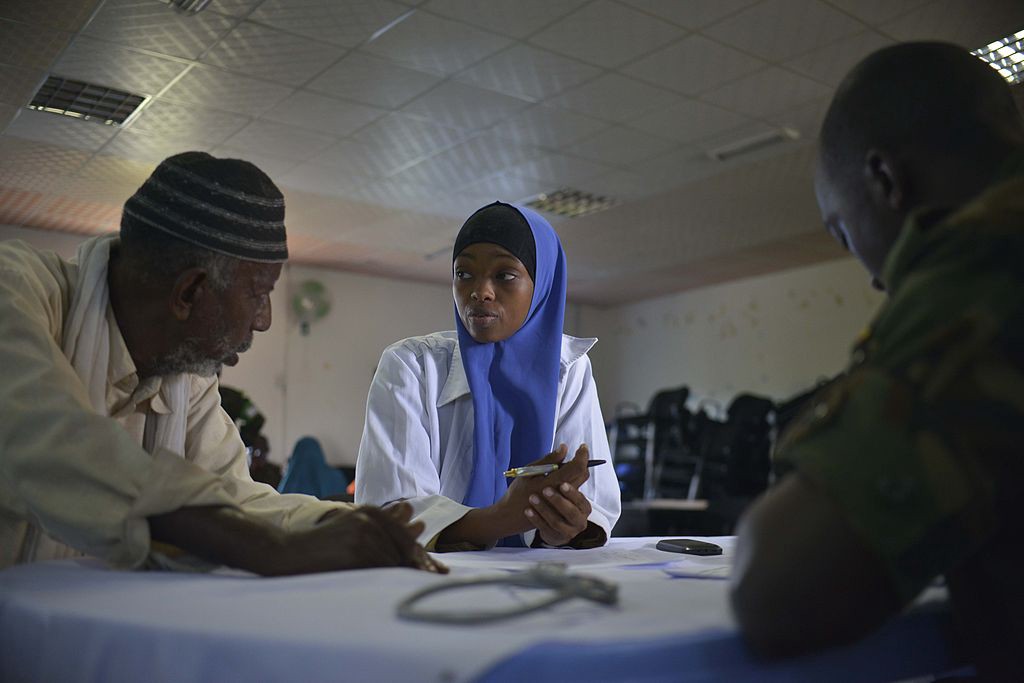Insurance is an important financial safety net to protect your financial wellbeing over the course of your life.
With increasing life expectancy and climate risk,
However, socioeconomic status and education levels contribute to relatively low adoptions of insurance in Subsaharan Africa.
What is insurance?
Insurance is a financial product sold by insurance companies to protect you from financial losses incurred by life events that we have little control over.
For example, you can take out insurance for your house, your car, your travels (for lost items, illness, and cancellations), your life and health, just to name a few. The insurer agrees to compensate for the losses incurred on a special event or insured item.
Insurance is both important to the individual and the economy.
- It supports social security systems
- It supports economic growth by managing, diversifying, and absorbing risks that prevent individuals and businesses in engaging in economic activities (buying a home, starting or expanding a business, etc.)
How does it work?
When you buy a policy, you pay regular payments to the insurer. If something happens, you make a claim for the insurer to pay out for the loss covered by your policy.
This is essentially a risk management system and works by risk pooling.
Only a proportion of policyholders will make a claim over the course of a year. When a policyholder does make a claim, the insurer pays from the pool of money formed by all policyholders’ payments.
The insurer’s business is essentially one of risk management and meticulous calculation.
They determine each policyholder’s premium by calculating the general likelihood of the event you are insuring against, and whether you are more likely to experience this event than the ‘average’ policyholder. For example, a young car racer will have a higher premium on car insurance than a mature driver operating a family car. Their financial management is monitored and regulated to prevent insurance company failure.
Terms to get you started
Policy
A contract between the insurer and you, establishing details of what losses are covered by your insurance. This will include details such as any excess, exclusions, and limits on claims, etc.
Premium
The cost of buying insurance. Note the different people may pay different premiums for the same insurance coverage.
Excess / Deductible
The portion of loss that is not covered by the insurance. It is the amount you are liable for in case of financial damage. This is also known as “deductible” in America.
For example, if the damage to your house warrants a repairment cost of 1,500 USD, but the defined “deductible/excess” of your policy is 1,000 USD, your insurance company will pay for the damages that exceed this amount, i.e. 500 USD.
Exclusions
These are things that your policy does not cover. This varies between policy, and is established upfront. For example, your insurer might exclude coverage for pre-existing medical conditions, property damage incurred from lack of maintenance, robbery as a result of unlocked doors.
So which policy do you need? A few to consider:

Kazibwe Richard, CC BY-SA 4.0 <https://creativecommons.org/licenses/by-sa/4.0>, via Wikimedia Commons
-
Car insurance
If you have a car, you need car insurance. This is mandatory for many states and countries, but regardless of whether your government compels you to get it, it is a no brainer to get covered.
Liabilities in an accident can easily bankrupt you. Motorcycles and cars are the most dangerous modes of transport, calculated by the number of deaths per mile of travel.
Getting third party car insurance helps cover the financial damage caused to other people and their property, in case of an accident. With boda bodas or okadas present all across African streets, it helps that motor third party insurance is mandatory.
Additional layers of protection can be provided by fire and theft car insurance, and fully comprehensive car insurance (covering damages to your own vehicle due to accidents, breakdowns, etc.)
In Uganda, buying third party insurance is becoming easier by the day. The government has pushed for developments in mobile money. Apps have also entered the space to provide easy to navigate insurance quotations. Check out mobile wallet Eversend (App Store 4.6 rating | Google Play Store 4.2 rating).
-
Life insurance
If you die during the length of your policy, the insurer will pay a lump sum or regular payments (“your life benefit”) to your family or other specified beneficiary. Some policies will also pay you a proportion of your life benefit if you become critically ill.
If you have dependents (a spouse, a family, older relatives to take care of), taking out a life insurance can give you peace of mind and make sure they are taken care of if the unfortunate happens.
You can also consider getting life insurance in your 20s and 30s, as it allows you to strategically lock in lower premium rates over the course of your life. Factors such as age and health determine the risk factor of you taking out a claim from the insurer. Hence, the insurer is likely to offer lower premiums for life insurance if you are a young person with no medical illness, compared to if you are just taking out life insurance in your 50s.

AMISOM Public Information, CC0, via Wikimedia Commons
-
Health insurance
Some countries (such as Nigeria and Kenya) finance their public healthcare system through national insurance schemes. However, it still faces difficulties like a low ratio of doctor to inhabitants and huge variation in quality of care across the country.
- Uganda: 1.68 medical doctors for 10,000 inhabitants (WHO, 2017)
- Nigeria: 3.81 medical doctors per 10,000 inhabitants (WHO, 2018)
- Kenya: 1.57 medical doctors per 10,000 inhabitants (WHO, 2017)
- Tanzania: 0.14 medical doctors per 10,000 inhabitants (WHO, 2016).
You might consider private health insurance to access more consistent and good levels of healthcare at private clinics and hospitals.
-
Homeowners and Renters Insurance
Last but not least, this applies to everyone who rents or owns a home.Renter’s insurance covers personal property loss, liability of accidental damage of someone else’s property, medical bills, and damage to the structure of the building you are renting. Think theft, fire, burst pipes, and temporary living expenses that are incurred by these accidents.Home insurance covers your house and property in the house against accidents and disasters, such as collapse, fire, flooding, explosion, earthquake, etc. Buying a house is a huge investment. Often, house owners forget to follow up their purchase with the appropriate safeguarding in case something goes wrong
